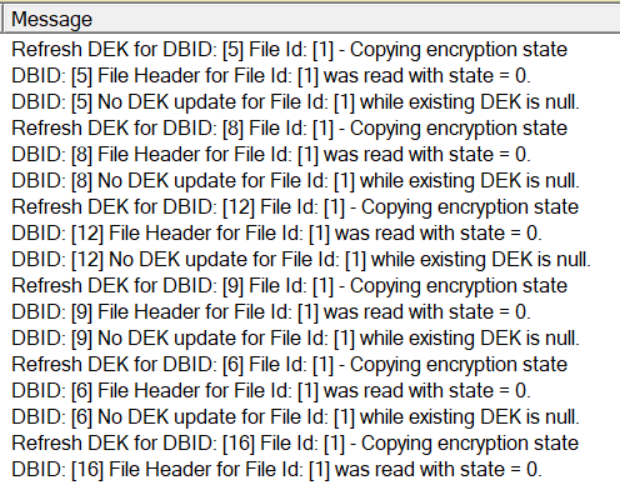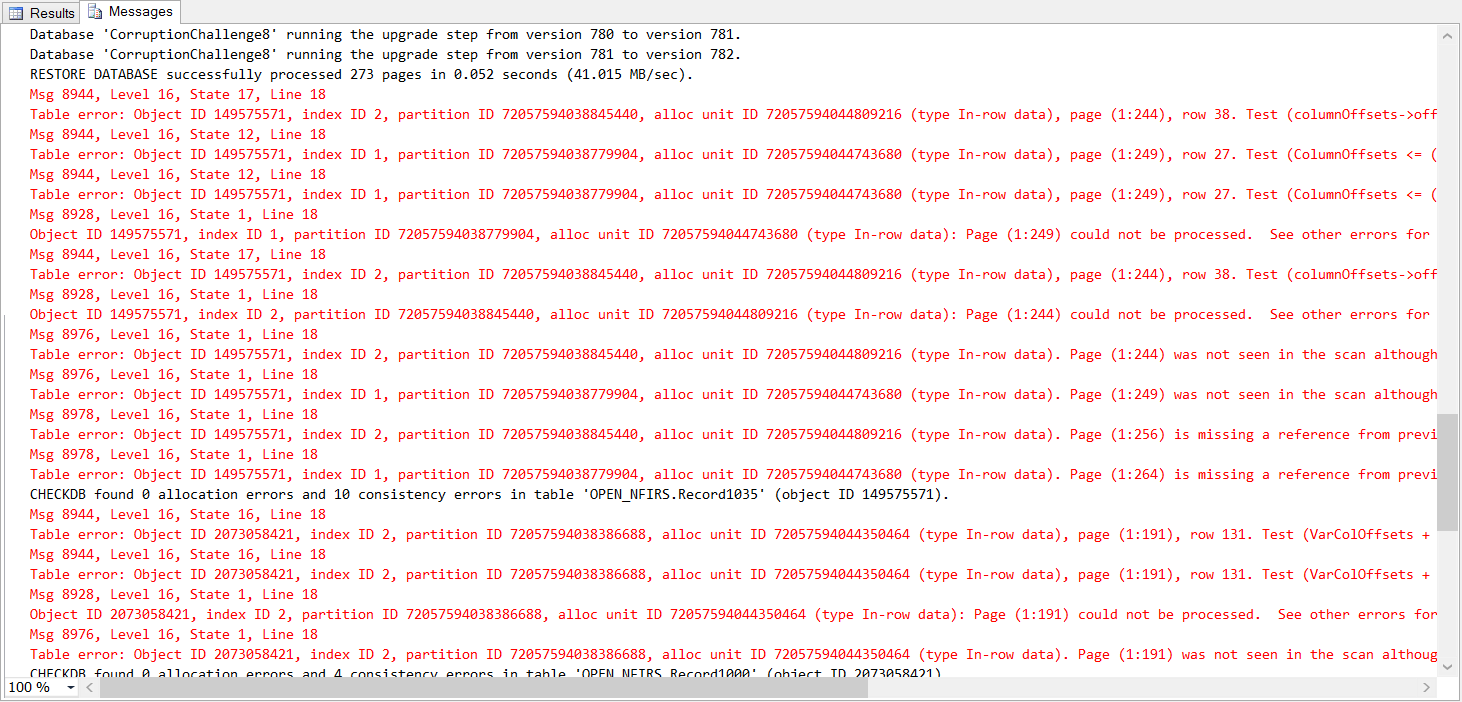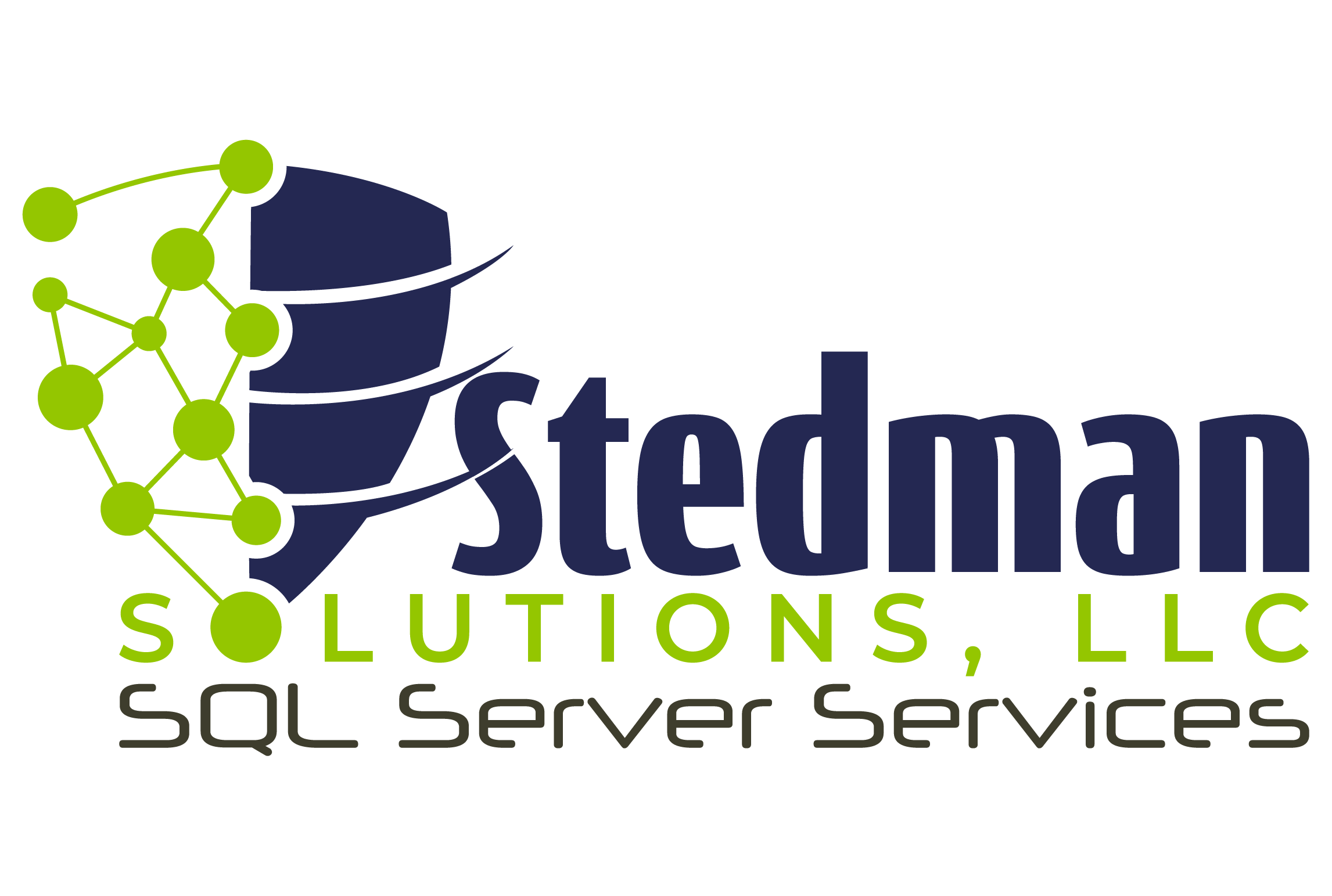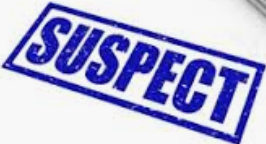February 2021 Blog Posts Wrap Up
Here’s a quick and easy link to review all blog posts written by Steve Stedman in February 2021. Enjoy! SQL Server – Backing up a database Sat, 27 Feb 2021 If you are a pro at SQL server I am sure you already know how to backup a database, but for someone who is new to it, things can be …









